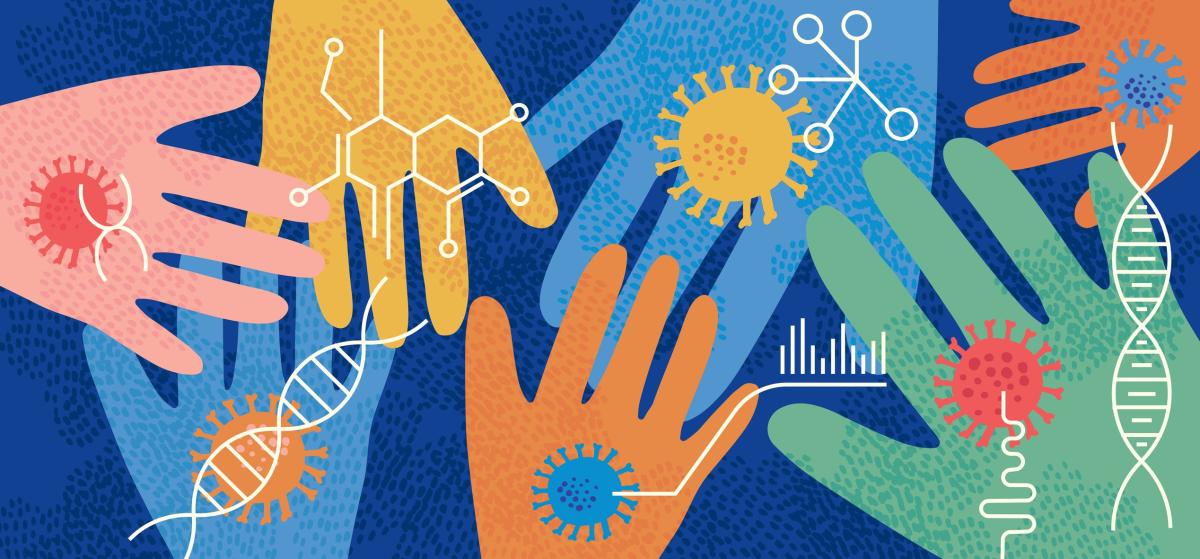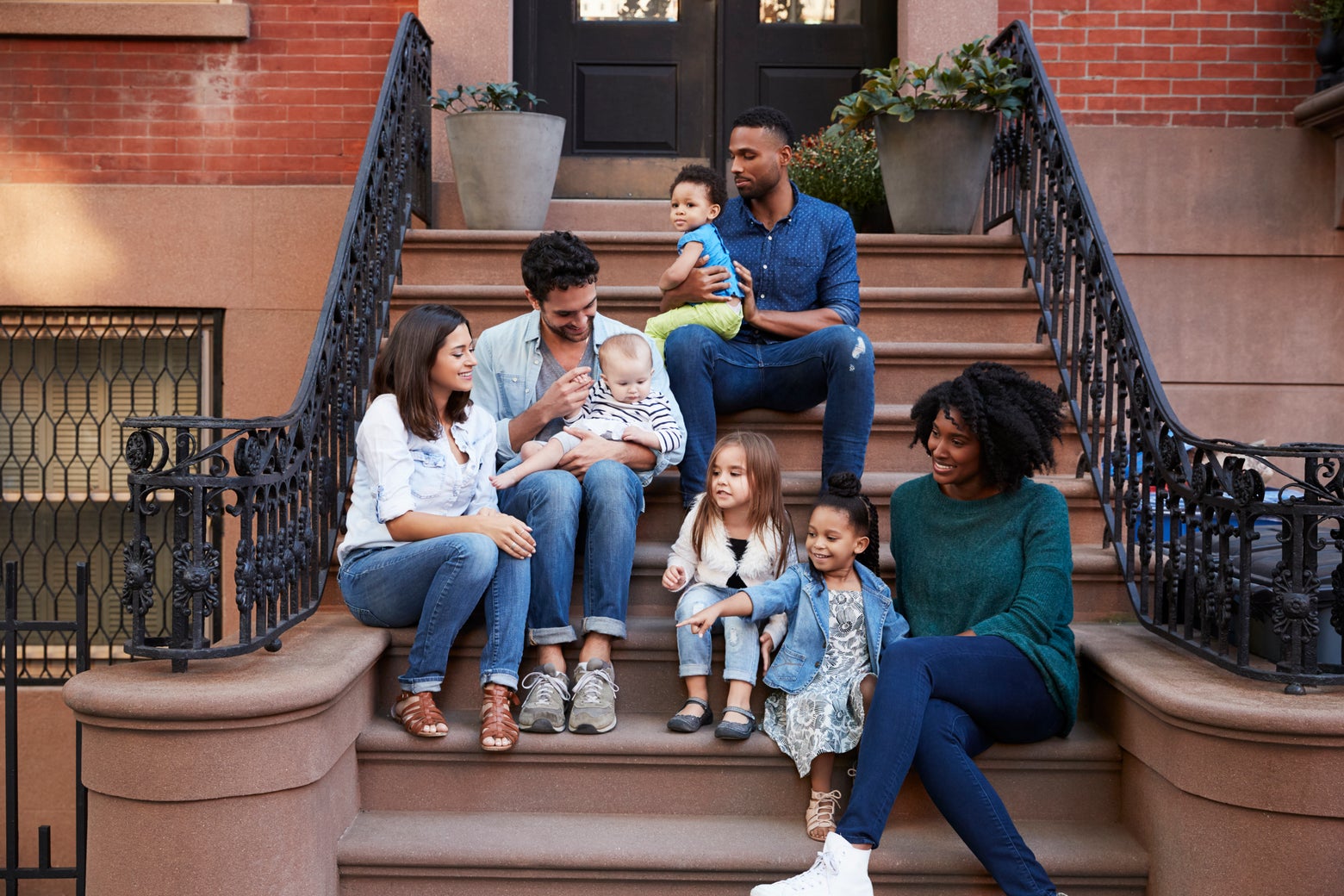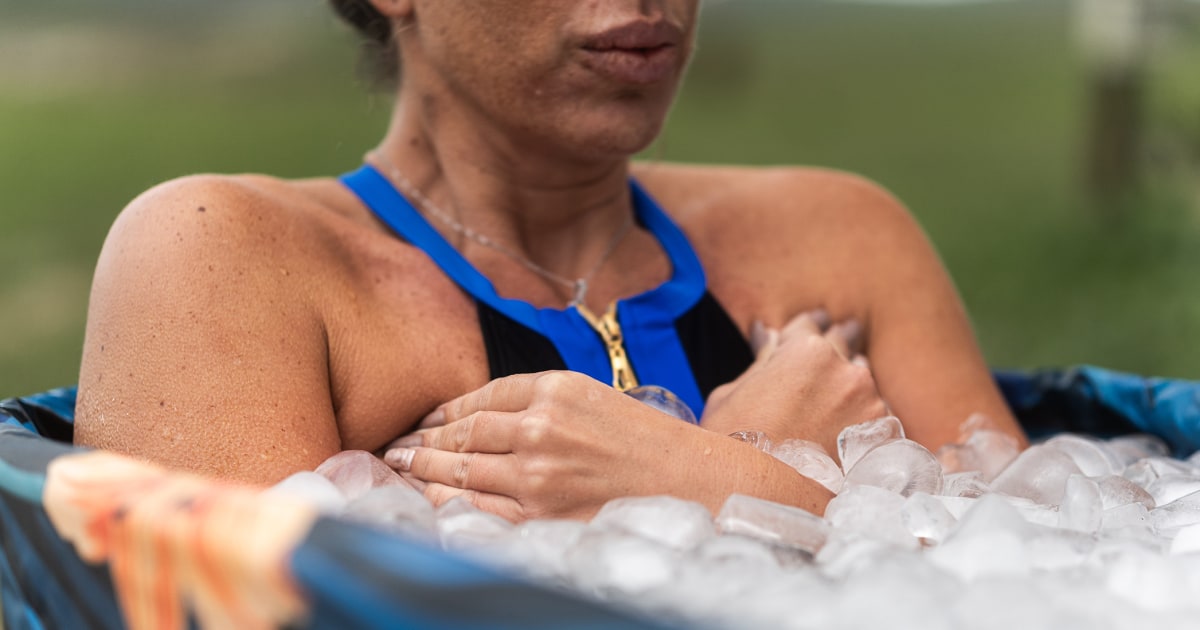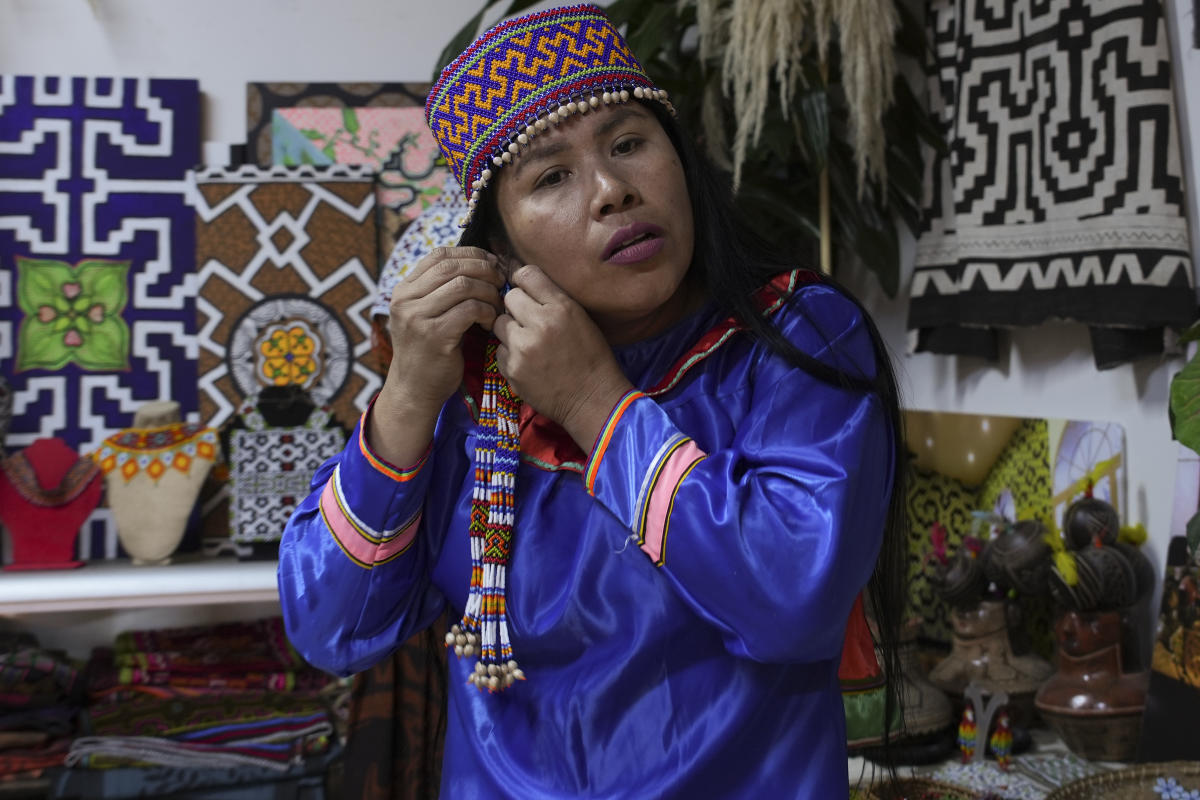DrAfter123/Getty images
When the COVID pandemic began, there was a lot of talk about the possibility of becoming infected with other common viruses like influenza and RSV at the same time. We quickly learned that it is absolutely possible for viruses to circulate at the same time – remember the tripledemic? But can you actually do that? to get more than one infection, for example COVID and RSV, at the same time?
The short answer is…yes. However, experts still don’t fully understand what happens when you have multiple viruses at once. Luckily, they have some ideas in mind, but before we get into it, know this: Any virus on its own can wreak havoc on a person’s health, and that’s especially true for infants, older adults, or those with weakened immune systems. And so it stands to reason that together they can be quite unpleasant to be around, to say the least.
Below is everything you need to know about COVID and RSV co-infections and how to avoid this double whammy.
What happens if you get COVID and RSV at the same time?
In a 2020 meta-analysis of 30 studies, researchers found that RSV was the most common viral coinfection among hospitalized COVID patients. What does this mean for you in practice? Well, “you probably won’t feel very good,” Sabrina Assoumou, MD, PhD, an infectious disease physician at Boston Medical Center, tells SELF. But how this co-infection affects you really depends on your age and health status, she adds. For example, research shows that children under the age of five were more likely to be admitted to the ICU if they were exposed to COVID and RSV at the same time. Older people and those with weakened immune systems are also more likely to experience these types of serious consequences, says Dr. Assoumou, but as we said, it is not entirely clear whether a co-infection is guaranteed to lead to serious consequences. everyone I feel twice as bad. “The answer is we don’t know,” Pablo Murcia, a virologist and professor at the University of Glasgow in Scotland, tells SELF. “But I assume that in certain cases they will make the disease more severe. And in other cases not.”
In fact, you may be more likely to feel the wrath of one virus more than another, thanks to a phenomenon called viral interference. When your cells are occupied by two viruses, one of them initiates a response that actually weakens the other and prevents it from making copies of itself, explains Dr. Murcia out. When he analyzed this in a laboratory, he found that RSV’s immune response actually exceeds that of SARS-CoV-2 quite well.
In theory that may sound like the better option, but RSV should not be underestimated. A 2023 CDC study found that older adults were worse off (that is, they were more likely to go to the intensive care unit or need a ventilator) if they were hospitalized for RSV than if they were hospitalized due to COVID or flu. RSV can feel like a typical cold to relatively healthy people — think nasal congestion, coughing and sneezing — but it can cause serious problems like pneumonia in others, especially babies and older adults. Moreover, RSV has no specific treatments like flu or COVID. Instead, you should generally manage your symptoms using over-the-counter medications or, if you are in the hospital, supportive care such as oxygen or IV fluids for hydration.
Of course, SARS-CoV-2 continues to spread and change, so it could evolve into a version capable of overcoming RSV’s competitive advantage, says Dr. Murcia. And this can be of all kinds. Although both viruses share many symptoms, COVID can leave you with a laundry list of complications, including long COVID-19, which you don’t get with RSV. Experts don’t yet know whether co-infections increase your chances of long-term COVID-19, but it’s well documented that repeated exposure to COVID certainly can.
How to avoid getting COVID and RSV at the same time
There’s no surefire way to avoid getting one disease, let alone two at once. But there are a few things you can do to reduce your chances of infection – and we’re starting strong with vaccines. Yes, both viruses have their own highly effective shots that can reduce the chance of you getting sick and, more importantly, reduce the chance of hospitalization and death.
According to the CDC, anyone age 75 and older who has not yet been vaccinated should get the RSV vaccine (which the FDA approved in 2023), as well as people ages 60 to 74 with health conditions such as lung or heart problems that increase their risk. risk of serious illness. Pregnant people should also get this shot during their third trimester, which will protect their baby from severe RSV for the first six months after birth. “This is a good time for RSV in terms of things we can actually do to improve outcomes,” says Dr. Assoumou.
And of course we have the COVID vaccines, which have recently been updated to target some of the newer SARS-CoV-2 strains floating around. Everyone six months and older should get one of two mRNA shots (Pfizer or Moderna), while those 12 and older can get one of these or the protein-based vaccine Novavax. And remember: You should get your updated shot even if you’ve been previously vaccinated or had COVID. “The goal of vaccination is to reduce the risk of serious illness, hospitalization and death,” says Dr. Assoumou. “If someone gets COVID today and he or she sits at home with runny noses, that’s a win for me.”
Some other classic infection preventions to consider:
-
Stay home if you are sick and encourage others in your life to do the same.
-
Wear a well-fitting mask in public, especially in busy indoor environments such as the subway or during holiday rushes.
-
Prioritize clean air by running indoor air purifiers or opening windows. Or better yet, gather outside if possible.
-
Wash your hands often, please.
-
If you’re not wearing a mask, cover your coughs and sneezes with a tissue (or your elbow—not your hand!—if you can’t reach it quickly enough).
-
Take a COVID test at home if you feel sick, or go to an emergency room where you can be tested for COVID, RSV, and flu at the same time.
“Do your part. Get your vaccine – it’s not too late,” says Dr. Assoumou.
Related:
Get more of SELF’s great service journalism delivered straight to your inbox.
Originally published on Self






